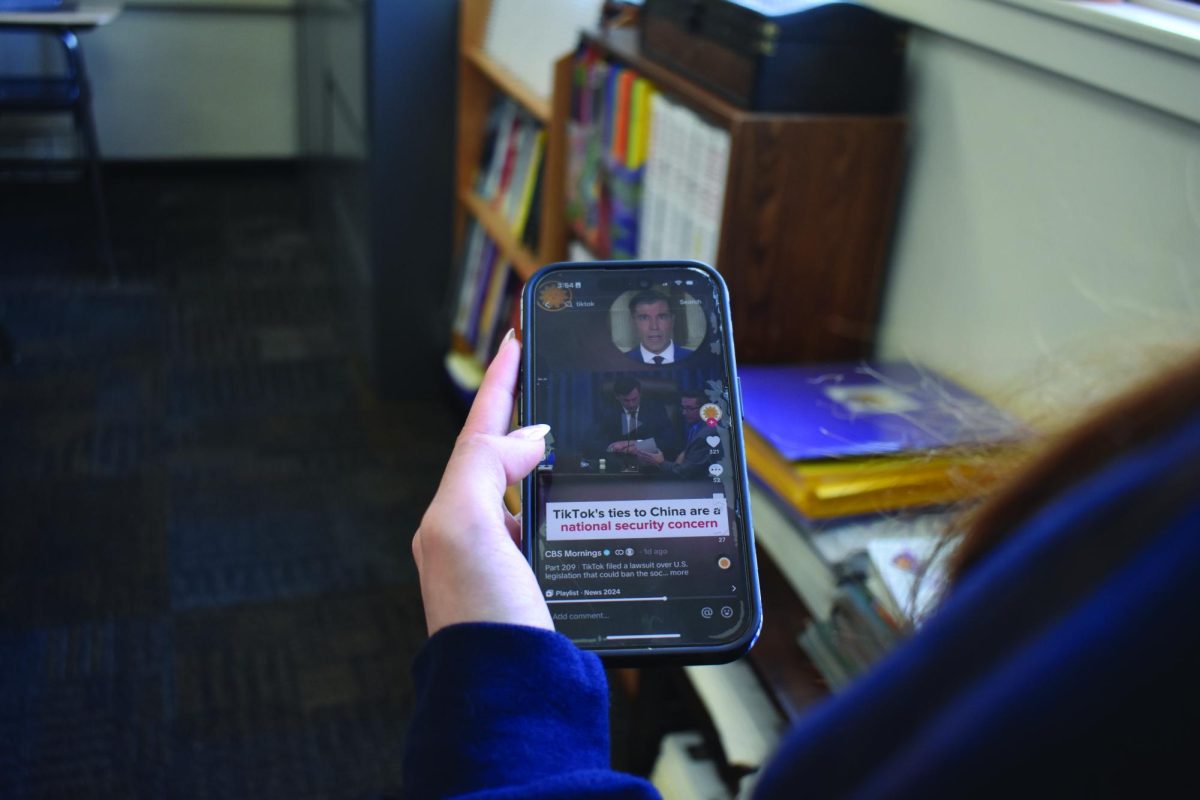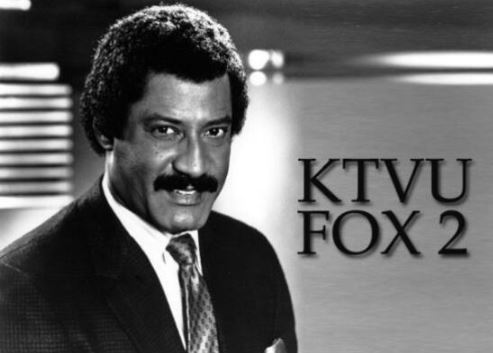Over 150 million people are registered users on the social media app, TikTok, in the United States, boasting itself as one of the fastest growing platforms in the last four years. Now, that number may be reduced to zero, all due to the United States government.
On May 23, the U.S. Senate passed a bill that delivered $95 billion in foreign aid to its allies. Among those provisions was a measure that could ban TikTok by the year’s end.
The provision had already passed through the House of Representatives with bipartisan numbers, by a 352-65 vote and an equally immense vote of 79-18 in the Senate. The bill was later signed into law by President Joe Biden on May 24.
However, the provision is not a complete ban just yet. Rather, it demands TikTok’s parent company, ByteDance, to sell their app to an American company within 180 days.
The bill would also further bar the company’s ability from controlling TikTok’s key to popularity: its algorithm system.
One of the main concerns of the U.S. Government is ByteDance’s identity as a Chinese corporation; lawmakers and security officials have raised concerns on TikTok collecting its users’ sensitive data to be used by the Chinese Communist Party.
ByteDance has already expressed its dismay over the ban and the CEO of TikTok, Shou Zi Chew, has claimed that the company will take action against the ban in courts.
Questions have also been raised on the ban or selling of TikTok and the effect it might have on the social media landscape, with likely bidders of the app being Microsoft, Oracle, and other smaller private groups.
As TikTok user Alex Ristaino ‘24 stated, “Banning TikTok is a big decision that will affect creators and businesses alike,” yet also adding, “If TikTok is banned, however, there is still many social media apps such as Instagram Reels or YouTube Shorts.”
Opponents of the bill say the Chinese government could easily get information on Americans in other ways, and could be an early precedent for limiting free speech online.
As frequent TikTok poster Diane Lai ‘24 stated, “I made so many good memories on that app:, it made me cry, it made me laugh, I’m scared for what’s going to happen to it.”She added,, “I tend to get a lot of my creative ideas from TikTok, if it’s gone, it’ll be slightly harder to choreograph and keep moving.”
Some in favor of banning TikTok, however, point to other reasons for banning the app, including its addictive nature.
As A.P. Government student, Julian Serrano ‘24 claimed, “Data mining is already bad enough, but TikTok is the epitome of the most brain-dead degeneracy of social media.” He continued, “People have had printing presses for quite awhile. If you want to say something, you don’t need to only post a TikTok video.”
TikTok originally started from three different apps; the original app was called Musical.ly, which launched in Shanghai in 2014 and established close links to U.S. business.
In 2016, ByteDance, known as a Chinese tech giant, would publish a similar app called Douyin in China. After seeing the sudden rise in popularity with the app, ByteDance bought Musical.ly in 2018 and formed TikTok out of it.







